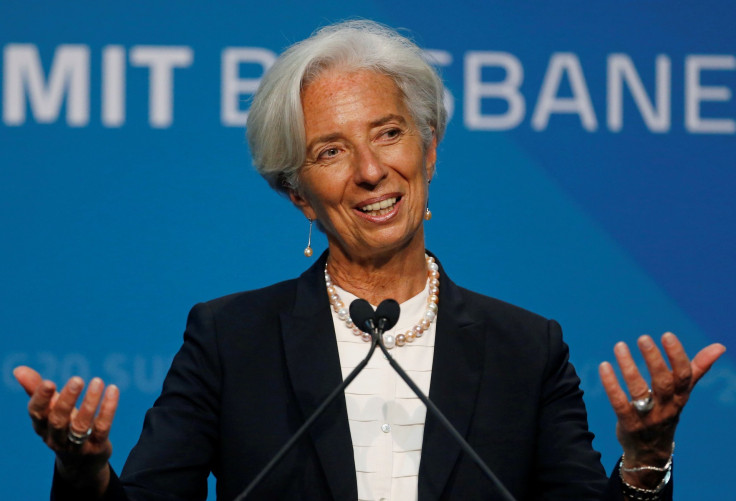Australia to experience slow economic growth until 2017: IMF

A new study by the International Monetary Fund (IMF) warns that the economic slowdown Australia has been facing since the end of the mining boom may continue until 2017.
This trend may result in a continued phase of economic slowdown, with weak commodity prices expected to worsen the economic conditions of countries that depend majorly on commodity exports.
According to estimates drawn by the IMF, energy exporting countries will face a greater downturn by knocking off around 2.25 percentage points from their economic growth. Saudi Arabia, Brazil and Russia will be amongst the worst hit.
In its soon-to-be-released “World Economic Outlook,” the IMF also urged policy makers of each country to be realistic about the growth potential of their countries. “Investment, and accordingly, potential output, tend to grow more slowly in exporters during commodity price downswings,” said Oya Celasun, the lead author of the report and deputy division chief at the research department of the IMF.
It is necessary for countries like Australia which are facing a continued economic downturn to introduce necessary reforms to eliminate the economic bottlenecks, improve business climate and work towards better quality of education, Celasun added.
The annual economic growth of Australia, recorded in June, is just 2 percent, which is quite low compared to its longstanding average growth rate of 3.25 percent. While Australia is still in the process of experiencing a slower economic growth, other commodity based countries such as Canada and Brazil are already engulfed by recession.
Economists from the Australia and New Zealand Banking Group (ANZ) are expecting the Reserve Bank of Australia to introduce further rate cuts as the weak economic growth is anticipated to translate to the start of next year. It is also expected the unemployment rate would remain a worry.
Contact the writer at feedback@ibtimes.com.au, or let us know what you think below.





















